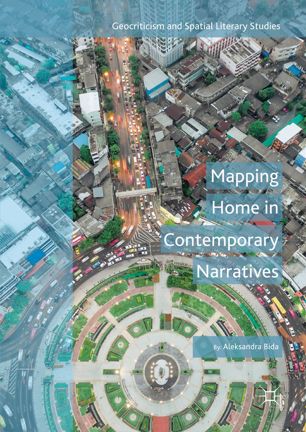

Most ebook files are in PDF format, so you can easily read them using various software such as Foxit Reader or directly on the Google Chrome browser.
Some ebook files are released by publishers in other formats such as .awz, .mobi, .epub, .fb2, etc. You may need to install specific software to read these formats on mobile/PC, such as Calibre.
Please read the tutorial at this link: https://ebookbell.com/faq
We offer FREE conversion to the popular formats you request; however, this may take some time. Therefore, right after payment, please email us, and we will try to provide the service as quickly as possible.
For some exceptional file formats or broken links (if any), please refrain from opening any disputes. Instead, email us first, and we will try to assist within a maximum of 6 hours.
EbookBell Team

4.3
18 reviewsBy offering an analysis of the idea of home across the individual, interpersonal, social, and global scales, Mapping Home aims to show the extent to which self-concept is deeply tied to constructions of home in a globally mobile age. The epistemological link between dwelling as "knowing oneself" and the experience of welcome as key to being able to map "one's place(s) in the world" are examined through Martin Heidegger's concept of dwelling, Zygmunt Bauman's notion of liquid modernity, Jacques Derrida's exploration of hostile hospitality, and Kwame Anthony Appiah's sense of cosmopolitanism as border-crossing conversation. To further explore these ideas, the book draws on multimodal literature and films that span genres, including gothic horror, fantasy and science fiction, thoughtful comedies, and politically nuanced tragedies. The quality that deeply links the texts is their ability to illuminate the stabilities and mobilities through which home not only mediates but also integrates an individual's diverse experiences of belonging in different locations as well as on different geocultural scales—from the intimate "household" to the more abstract "hometown" or "homeland" and beyond.